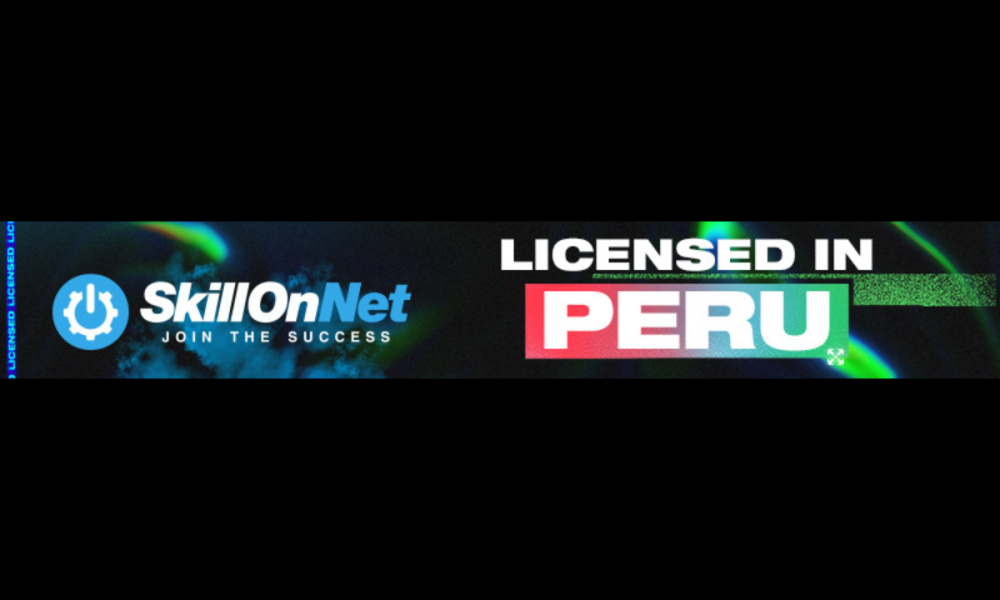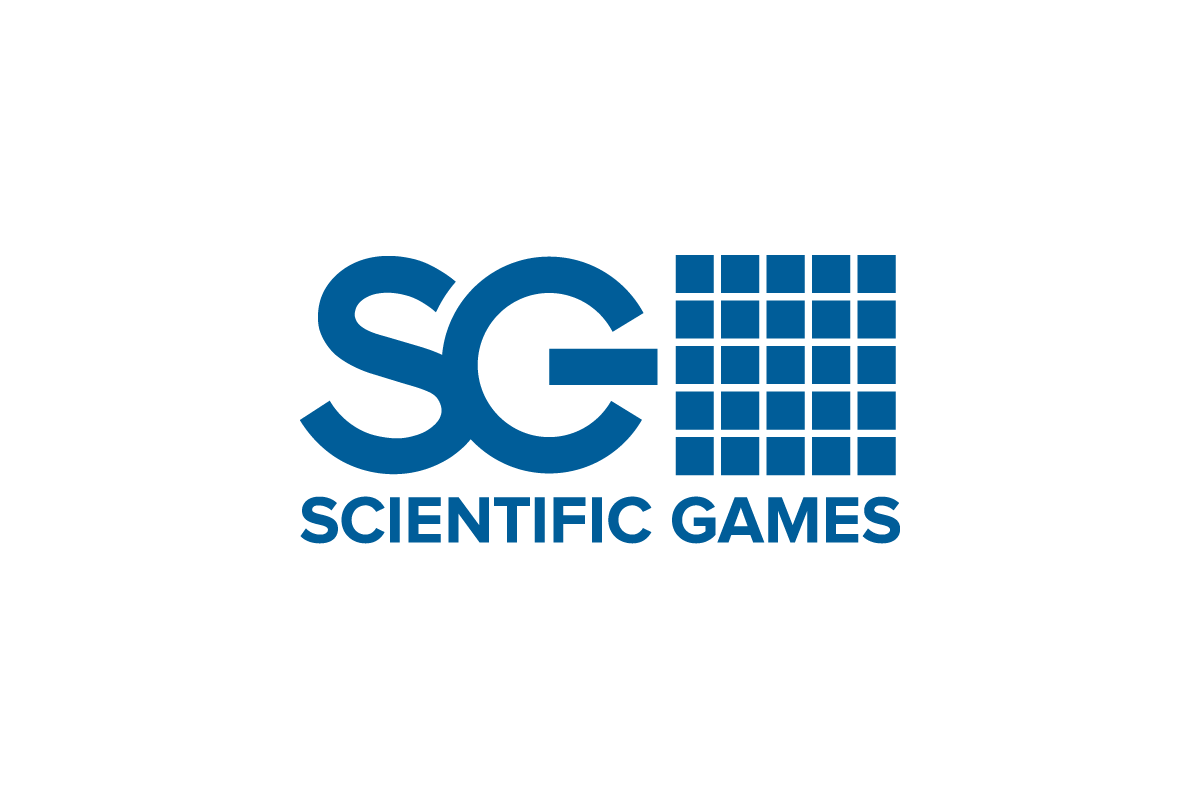

Compliance Updates
PlayUZU operator is now licensed to operate in the brand-new Peruvian market
Global entertainment brand SkillOnNet has today received a license to operate in Peru. The license, awarded by the country’s Ministry of Foreign Commerce and Tourism (Mincetur), means Peruvian players will get to sample the company’s unparalleled portfolio of casino games.
They will also get to enjoy the experience of playing on SkillOnNet’s localised Spanish language software with its flagship brand PlayUZU.pe
Online gambling has long been legal in Peru but until recently the country lacked a legal licensing framework. In August 2022, Peruvian legislators passed a law that established a comprehensive regulatory framework for gambling activities. The law came into effect in February 2024, kickstarting a 30-day window for license applications.
The license award highlights SkillOnNet’s commitment to working in regulated markets and represents a new milestone for its expansion into the Latam region. This push has recently seen it launch successfully in the new regulated markets of Mexico and Buenos Aires City.
SkillOnNet operates dozens of market-leading gaming brands in numerous regulated jurisdictions across the world, including Portugal, Germany, the UK, and North America, as well as Latin America.
Helena Rico, SkillOnNet Head of Marketing Spain & Latam, said: “We’re thrilled that SkillOnNet has obtained a Peruvian license. It’s a country we’ve been following closely over the last few years, as it has huge potential to become one of the most important markets in Latin America. We’re sure that SkillOnNet will build a successful business as we take our unique proposition to the market, as well as one of the strongest games portfolios around. PlayUZU as SkillOnNet´s main brand will bring to the market its unique “no wagering” proposition, meaning all the incentives given to players are restrictions free, with no strings attached.
At PlayUZU we will be offering a transparent, fair and safe casino gaming experience which has already proved its success in Europe and America.”
Balkan's
GLI Returns as Sponsor of the Regulators’ Roundtable at EEGS 2025

The Eastern European Gaming Summit (EEGS) proudly announces that Gaming Laboratories International (GLI) will once again return as a sponsor of the highly anticipated Regulators’ Roundtable at EEGS 2025, taking place on 27–28 November at Inter Expo Center, Sofia.
As the global leader in testing, certification, and professional services for the gaming industry, GLI has supported regulators, suppliers, and operators across more than 480 jurisdictions worldwide for decades. With a strong mission to ensure integrity, fairness, and transparency, GLI plays a pivotal role in shaping a trusted and sustainable global gaming environment.
The continued sponsorship of the Regulators’ Roundtable underscores GLI’s dedication to fostering dialogue, collaboration, and knowledge exchange between regulators and industry stakeholders. As one of the flagship sessions of EEGS, the Roundtable offers an exclusive platform to address pressing regulatory challenges, explore innovative solutions, and discuss strategies that will define the future of the sector.
EEGS 2025 will once again unite regulators, operators, suppliers, and thought leaders for two days of high-level discussions, networking, and knowledge sharing, reinforcing its position as the leading forum for gaming innovation and regulation in Eastern Europe and beyond.
Learn more & register here: https://eegamingsummit.com/register-for-super-early-bird-ticket/
For any sponsorship availabilities, see here: https://eegamingsummit.com/sponsorship-2025/
Together with partners like GLI, EEGS continues to be the meeting point for innovation, regulation, and collaboration in the gaming industry.
The post GLI Returns as Sponsor of the Regulators’ Roundtable at EEGS 2025 appeared first on European Gaming Industry News.
Compliance Updates
California Gambling Control Commission Reviews Licensing and Ownership Transfers at September 18 Meeting

The California Gambling Control Commission (CGCC) convened for its scheduled public meeting to deliberate on a wide range of licensing and regulatory matters related to cardrooms, third-party providers, tribal gaming, and key individuals in the gambling industry. The Commission addressed ownership transfers, license renewals, regulatory compliance, and findings of suitability for tribal gaming employees and suppliers.
Highlights from the Meeting
Cardroom Licensing and Ownership Transfers
Commerce Casino (California Commerce Club, Inc.)
- Initial License Approval: The Commission recommended approving an initial cardroom owner license for James Murray, Director of the Commerce Casino, through March 31, 2027.
- Ownership Transfer: The Commission approved a share transfer from Marsha Gold to the Marsha L. Gold Revocable Trust, subject to the transaction closing within 180 days and written confirmation of compliance with imposed conditions.
- Successor Trustee Licensing: The license for Jill Anter Wieder, Successor Trustee of the trust, was also approved through March 31, 2027, pending the completion of the ownership transaction.
- Additional Conditions: The Commission imposed a detailed list of conditions on the license, including certification requirements, written transaction confirmations, and mandatory legends on stock certificates to ensure regulatory compliance.
Napa Valley Casino (BVK Gaming, Inc.)
- Ownership Transfer: Similar to Commerce, the transfer of shares from Von Altizer to the Von Altizer 2017 Revocable Trust was conditionally approved.
- Successor Trustee Licensing: Applications from Christopher and Bobby Huang, successor trustees and contingent beneficiaries, were approved through May 31, 2026, contingent upon the transaction’s completion.
- Interim License Conditions: The Commission imposed a set of conditions mirroring those required for Commerce Casino, ensuring the integrity of ownership transitions.
Renewal and Interim Licenses
Seven Mile Casino (Stones South Bay Corp.)
-
A new interim renewal license was approved through September 30, 2027, with prior licensing conditions officially removed.
Commerce Casino Directors
- Rick Contrucci: The Commission opted to abandon the renewal application.
- Lysa Grigorian: The application was referred to an evidentiary hearing, and an interim license was issued through March 31, 2027.
Other Cardrooms
- Limelight Card Room: License renewed through March 31, 2027.
- Lucky Chances Casino: A 90-day extension was granted through December 31, 2025, with strict restrictions on property access and communications for Rene Medina, tied to a 36-month probationary period.
- North Coast Casino and The River Card Room: Both granted 60-day extensions with multiple compliance conditions required prior to opening or continuing operations.
Third-Party Proposition Player Services
Renewals and Initial Licenses Approved
- Owner-Type Licenses for Global Player Services and Players Edge Services were renewed through 2027.
- Employee-Type Licenses: Dozens of third-party proposition player service employees were approved or renewed, including workers from Knighted Ventures, Blackstone Gaming, and Acme Player Services.
- Conditions on some licensees, such as Glenn Kaboua, included proof of fine resolution every 90 days.
Tribal-State Compact Licensing
Gaming Resource Suppliers
-
Everi Games Inc. and LNW Gaming, Inc. received approval for initial and renewal suitability findings, with licenses valid through early 2026.
Key Tribal Employee Licensing
-
A significant number of tribal casino employees across the state received initial or renewed findings of suitability. These included employees from:
-
Chumash Casino Resort
-
Thunder Valley Casino Resort
-
Fantasy Springs Resort Casino
-
Graton Resort & Casino
-
Hard Rock Hotel & Casino Sacramento, among many others.
-
-
The Commission emphasized continuous monitoring of suitability, especially for applicants under conditional approval like Tatianna Wren, who must provide quarterly updates on efforts to resolve outstanding fines.
Key Individual Decisions
-
Huy Dang: The Commission approved the renewal of Dang’s Key Employee License through September 30, 2027, removing prior conditions related to court-mandated classes and debt resolution.
Consent Calendar Items
-
Items 15 through 21 included approvals for initial and renewal licenses for various employees, work permits, and tribal key employees. All items were approved per staff recommendations.
Conclusion
The September 18, 2025, meeting of the California Gambling Control Commission underscored the Commission’s ongoing role in maintaining transparency, accountability, and integrity in the state’s gambling industry. With careful review of ownership changes, key personnel, and operational compliance, the CGCC continues its commitment to fair and responsible gambling practices in California.
For full details and future updates, visit the California Gambling Control Commission website
The post California Gambling Control Commission Reviews Licensing and Ownership Transfers at September 18 Meeting appeared first on Gaming and Gambling Industry in the Americas.
American Gaming Association
Hard Rock Bet Launches New Responsible Gaming Website

Hard Rock Bet has launched a responsible gaming website offering educational content, support resources, and interactive tools.
The Seminole Hard Rock Digital operator said its portal contains information on setting deposit, wager, and session limits.
Users can also find information on using time-out features and self-exclusion, with links to national and state-level resources also included.
“We consider ourselves to be our players’ partner in responsible gaming, and this new site gives our community the guidance, tools and support needed for a confident and enjoyable gaming experience,” said Danny Crook, Hard Rock Digital’s senior vice president of operations.
The responsible gaming website is part of Hard Rock Bet’s role in Responsible Gaming Education Month in the US, organised by the American Gaming Association.
The post Hard Rock Bet Launches New Responsible Gaming Website appeared first on Gaming and Gambling Industry in the Americas.
-

 gaming3 years ago
gaming3 years agoODIN by 4Players: Immersive, state-of-the-art in-game audio launches into the next generation of gaming
-
EEG iGaming Directory9 years ago
iSoftBet continues to grow with new release Forest Mania
-
News8 years ago
Softbroke collaborates with Asia Live Tech for the expansion of the service line in the igaming market
-
News7 years ago
Super Bowl LIII: NFL Fans Can Bet on the #1 Sportsbook Review Site Betting-Super-Bowl.com, Providing Free Unbiased and Trusted News, Picks and Predictions
-
iGaming Industry8 years ago
Rick Meitzler appointed to the Indian Gaming Magazine Advisory Board for 2018
-
News7 years ago
REVEALED: Top eSports players set to earn $3.2 million in 2019
-
iGaming Industry8 years ago
French Senator raises Loot Boxes to France’s Gambling Regulator
-
News7 years ago
Exclusive Interview with Miklos Handa (Founder of the email marketing solutions, “MailMike.net”), speaker at Vienna International Gaming Expo 2018











